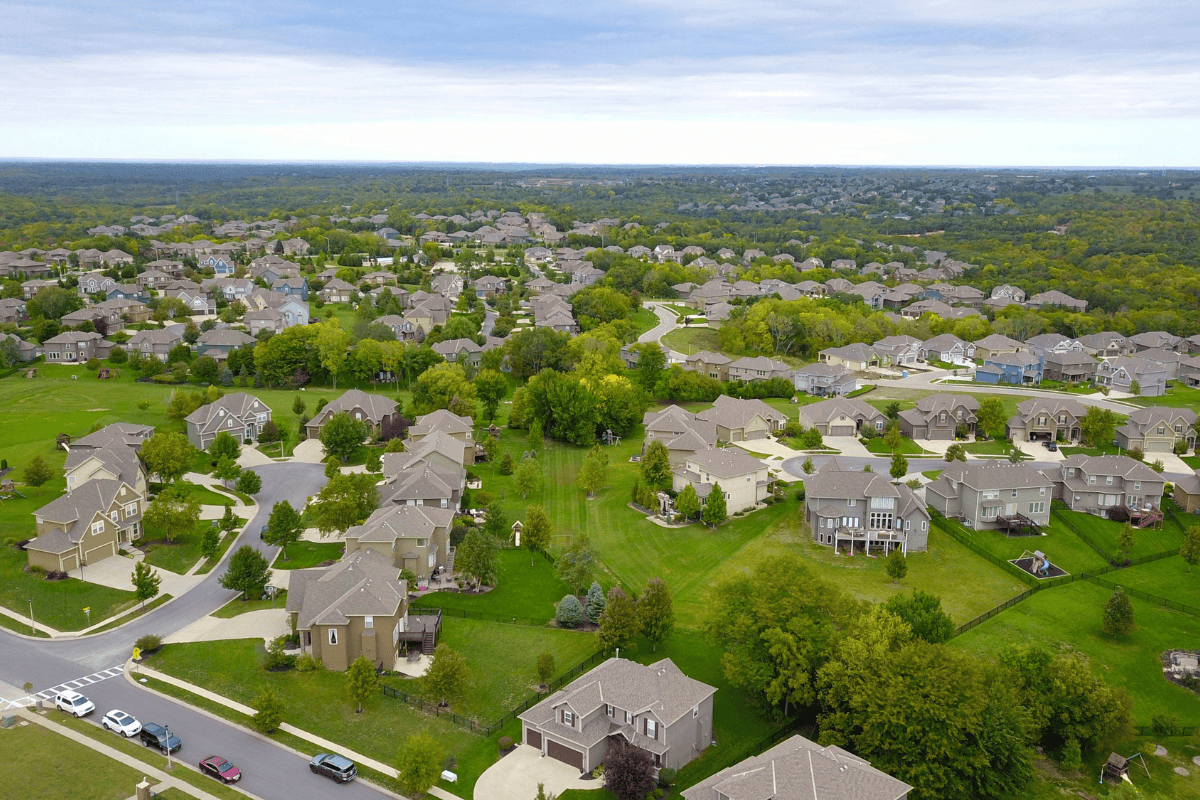W
e often feel fortunate to live on a habitable planet, but this is not unique to Earth. If we consider planets like Mercury, where temperatures fluctuate wildly between scorching hot and freezing cold, it's clear that life as we know it is rare. The search for life beyond our planet is driven by the desire to understand why we're so privileged, and the Habitable Worlds Observatory is a testament to this curiosity.
Nicolaus Copernicus was one of the first to challenge our sense of cosmic entitlement. He showed us that Earth is not at the center of the universe, and that we're not even at the center of our own solar system. This idea was difficult for the Vatican to accept, but it's still hard for some astrobiologists to grasp – they often assume that intelligent life beyond Earth is an extraordinary claim.
However, if we consider the history of the cosmos, it's likely that self-centered civilizations like ours have risen and fallen on exoplanets billions of years ago. The question then becomes: "Who is the luckiest one?" To answer this, let's look at the best cosmic neighborhood – regions where matter started denser than average are collapsing due to gravity.
The local group of galaxies, including our sister galaxy Andromeda, will merge with the Milky Way in a few billion years, creating a giant elliptical galaxy called Milkomeda. This merger will double the resources available to us, but the rest of the universe will accelerate away, leaving empty space around Milkomeda.
The truly privileged residents of the cosmos live in clusters of galaxies where the mass of resources is a thousand times bigger than in our own galaxy. These clusters could sustain life for far longer in a cold and empty universe. It's not too late for us to catch up with these luckier residents if we choose to engage in intergalactic travel towards the nearest cluster, the Virgo cluster.
A universe like ours, where cosmic expansion is accelerating, may be full of cosmic migrants – technological civilizations that have realized there are better places to live. These civilizations might be heading towards clusters of galaxies right now, while others will perish on their home planet due to a narrow-minded conviction that they're privileged.
Tourism is more prevalent in privileged locations, and those who live in unprivileged neighborhoods might wonder: "Where is everybody?" The simplest answer to Fermi's question is that there are more desirable sites for tourism in the cosmos. Our Sun will die in 7.6 billion years, while other stars will live for trillions of years.
Our long-term survival hinges on admitting that we're not the most privileged residents of the cosmos. Before it gets too late, we should allocate billions of dollars to search for technological signatures of cosmic neighbors – this could increase our chances of finding extraterrestrial life. If we find aliens, we can compare notes and gossip about the most privileged ones in astrobiology journals.












